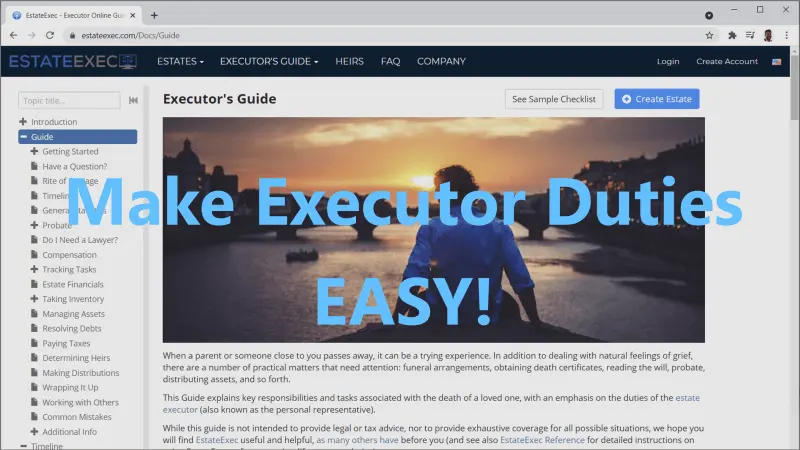Need the 'expert' advice of the community here. I am executor of my mom's estate. Pretty simple...will....house and bank account...split between two people.
House was sold. Final T1 was filed and NOA received. Asked and received the T1 CRA Final Clearance. The Final Clearance has 3 check boxes (To Date of Death, Partial distribution and Final Distribution). Mine has the 'To Date of Death' checked. My lawyer told me once I receive the Clearance Certificate I was good to distribute the assets and close everything off.
Question.....Is this the only Clearance Certificate I need? My understanding is that the 'distribution' boxes have to do with the trusts and properties etc (T3). There is only cash to distribute. Lawyer said to ask my accountant (I dont have one) so I am asking here first before I have to go that route.
Thanks in advance for any help/advice/guidance.
House was sold. Final T1 was filed and NOA received. Asked and received the T1 CRA Final Clearance. The Final Clearance has 3 check boxes (To Date of Death, Partial distribution and Final Distribution). Mine has the 'To Date of Death' checked. My lawyer told me once I receive the Clearance Certificate I was good to distribute the assets and close everything off.
Question.....Is this the only Clearance Certificate I need? My understanding is that the 'distribution' boxes have to do with the trusts and properties etc (T3). There is only cash to distribute. Lawyer said to ask my accountant (I dont have one) so I am asking here first before I have to go that route.
Thanks in advance for any help/advice/guidance.
Last edited:

